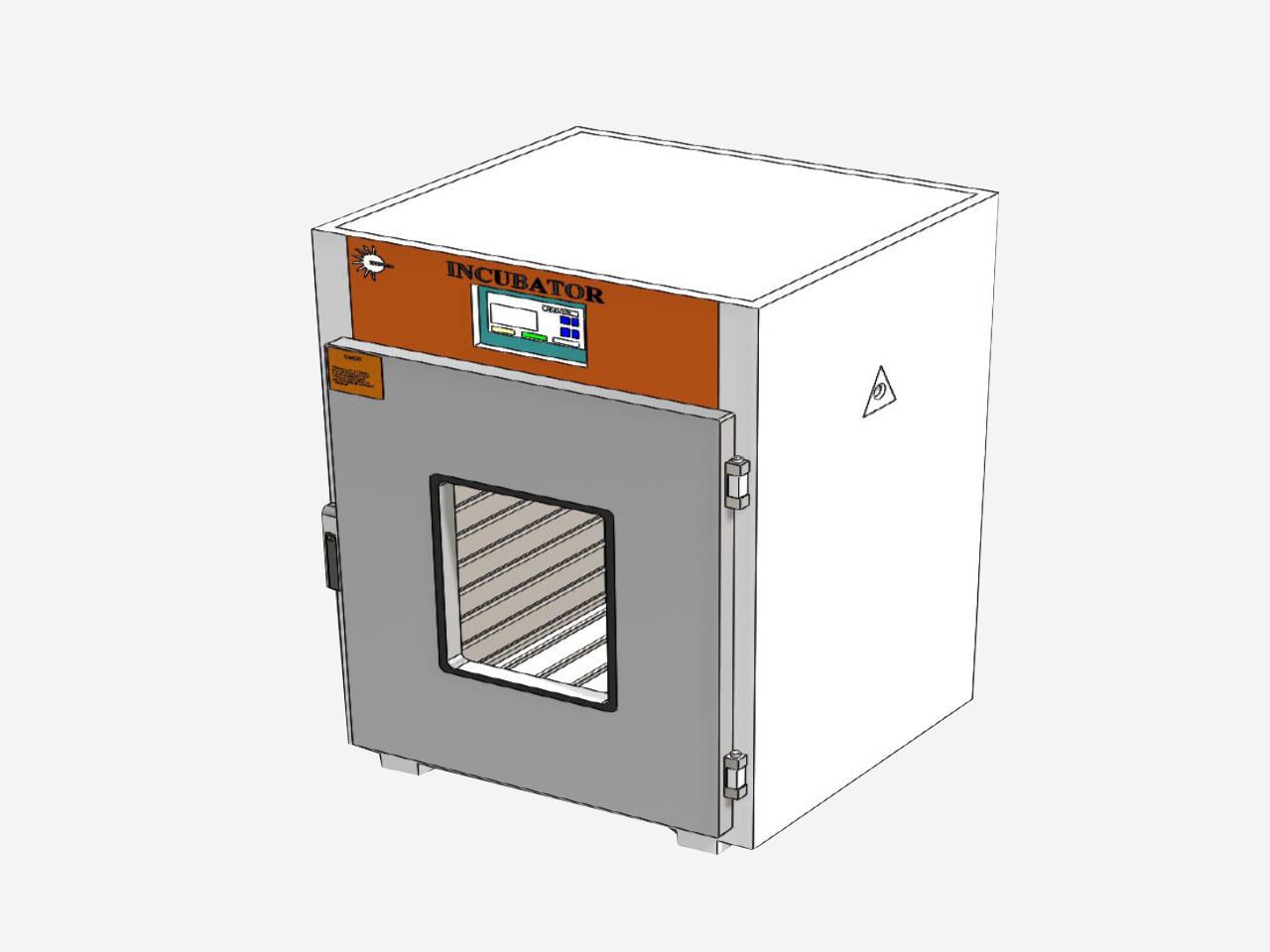INTRODUCTION
Thermic bacteriological incubator is a specialized laboratory equipment
Designed to provide a controlled environment for the cultivation and
Growth of bacteria, yeast, and other microorganisms. This controlled
Environment is essential for conducting various microbiological
Experiments, research, and testing procedures. The incubator creates
Optimal conditions, to support the growth and reproduction of
Microorganisms.

KEY FEATURES AND COMPONENTS
